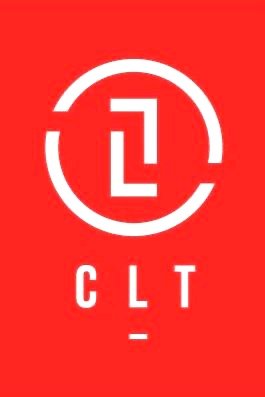If you’ve taken the CliftonStrengths assessment you may have noticed a colored categorization of your talents. These categories are known as domains. Domains are a research-based way to show your default way of leading other people. There are, at the simplest level, four different ways that people lead. They are executing, relationship building, influencing, and strategic thinking.
Those folks whose report says they lead with the Executing domain means that they really know how to make things happen. They will work tirelessly to get the job done. They can turn ideas into reality. If this is you, it likely means you will have several Executing themes like Achiever, Arranger, Belief, Consistency, Deliberative, Discipline, Focus, Responsibility, or Restorative in your top ten.
Those folks with Relationship Building as their leading domain tend to provide the glue that holds teams together. They have a unique ability to help groups become greater than the individuals in the group. Leading with Relationship Building means that you have themes like Adaptability, Connectedness, Developer, Empathy, Harmony, Includer, Individualization, Positivity, or Relator.
Folks like me, that lead with the Influencing domain, have themes like Activator, Command, Communication, Competition, Maximizer, Self-Assurance, Significance, or Woo. We are especially talented in helping reach a broader audience. We can sell ideas and influence outside the organization. If you need someone to take charge and make sure any group is heard, look no further than someone that leads with Influencing.
Finally, folks that lead with Strategic Thinking have themes like Analytical, Context, Futuristic, Ideation, Input, Intellection, Learner, or strategic. These people are the ones that keep teams focused on what they could be. They absorb and analyze information to make better decisions. They will help you stretch the teams thinking for the future.
You might be thinking, yeah, that’s nice, but if I know the individual themes, why are domains helpful to know? They are helpful because you don’t need to memorize the full 34 of each person to understand how your themes compare and contrast to other people, you can use the domains to simplify our conversations.
Be careful though, don’t fall into the trap that you need representation from each. Gallup has done research and has determined that the best teams simply need to be aware of the domains/themes of others and act accordingly. Having a so-called balanced team does not necessarily yield a higher performing team.
I hope you found this helpful, and if you want a guide through this process, you can seek out a Gallup Certified Strengths Coach to help you. To find out about our Gallup Certified Strengths Coach and our services, please visit www.collaborativeleadershipteam.com or email info@coleadteam.com.

